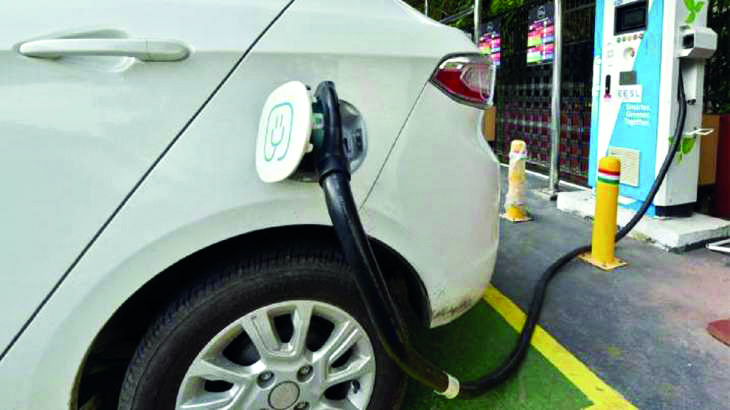Delhi govt to extend current EV policy for additional 3 months

New Delhi: In a move to combat pollution and promote sustainable transportation, the Delhi government has decided to extend its current electric vehicle (EV) policy for
an additional three months, beyond its original expiry date of December 31.
Officials familiar with the development revealed that the extension would be formalised after Cabinet approval, maintaining the incentives until the end of March 2024.
Simultaneously, the government is on the verge of finalising a revamped EV policy, termed the Delhi EV Policy 2.0. The timeline for its implementation, however, remains undecided at this juncture.
The existing EV policy aimed at curbing vehicular emissions and addressing high pollution levels, provides buyers with subsidies, exemption from registration fees and road tax, and actively encourages the installation of charging stations. The government has set an ambitious target of making 25 per cent of all new vehicles registered in Delhi electric by the year 2025.
Delhi Transport minister Kailash Gahlot affirmed, “We are set to request a three-month extension of the current EV policy from the Cabinet. The transport department has been instructed to submit a file to the Cabinet, formally seeking extension of the policy.”
Under the current EV policy, two-wheelers receive a subsidy of Rs 5,000 per kWh of battery capacity (maximum Rs 30,000), while three-wheelers enjoy a flat subsidy of Rs 30,000 per vehicle, irrespective of the total cost and battery capacity. Notably, the subsidy for four-wheelers is no longer applicable, having been limited to the first 1,000 EVs registered under the scheme.
Although the government asserts that the policy has stimulated EV sales, immediate data on the number of individuals benefiting from EV incentives is not available.
Presently, Delhi boasts more than 4,500 charging points and 250 battery swapping stations, with many operating under the public-private partnership model.
As the capital gears up for a sustainable and eco-friendly transportation landscape, the extension of EV incentives and the upcoming EV policy signal a continued aim to foster green mobility in the region.



